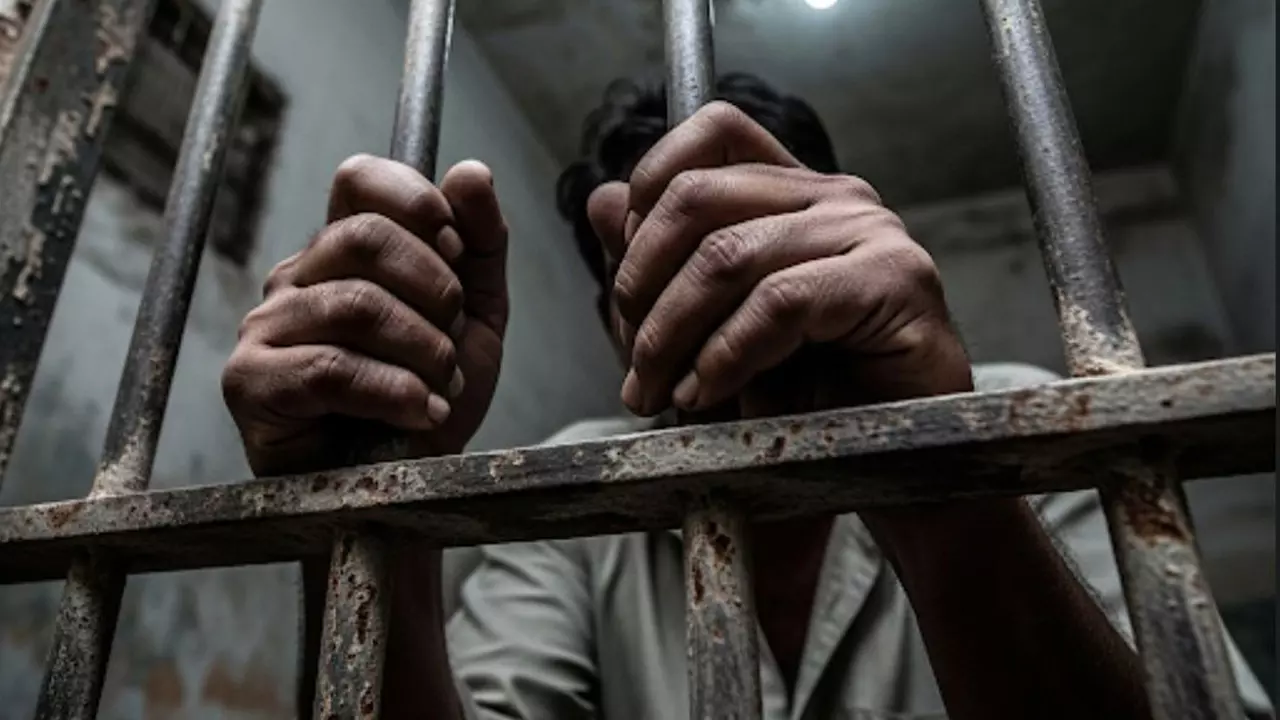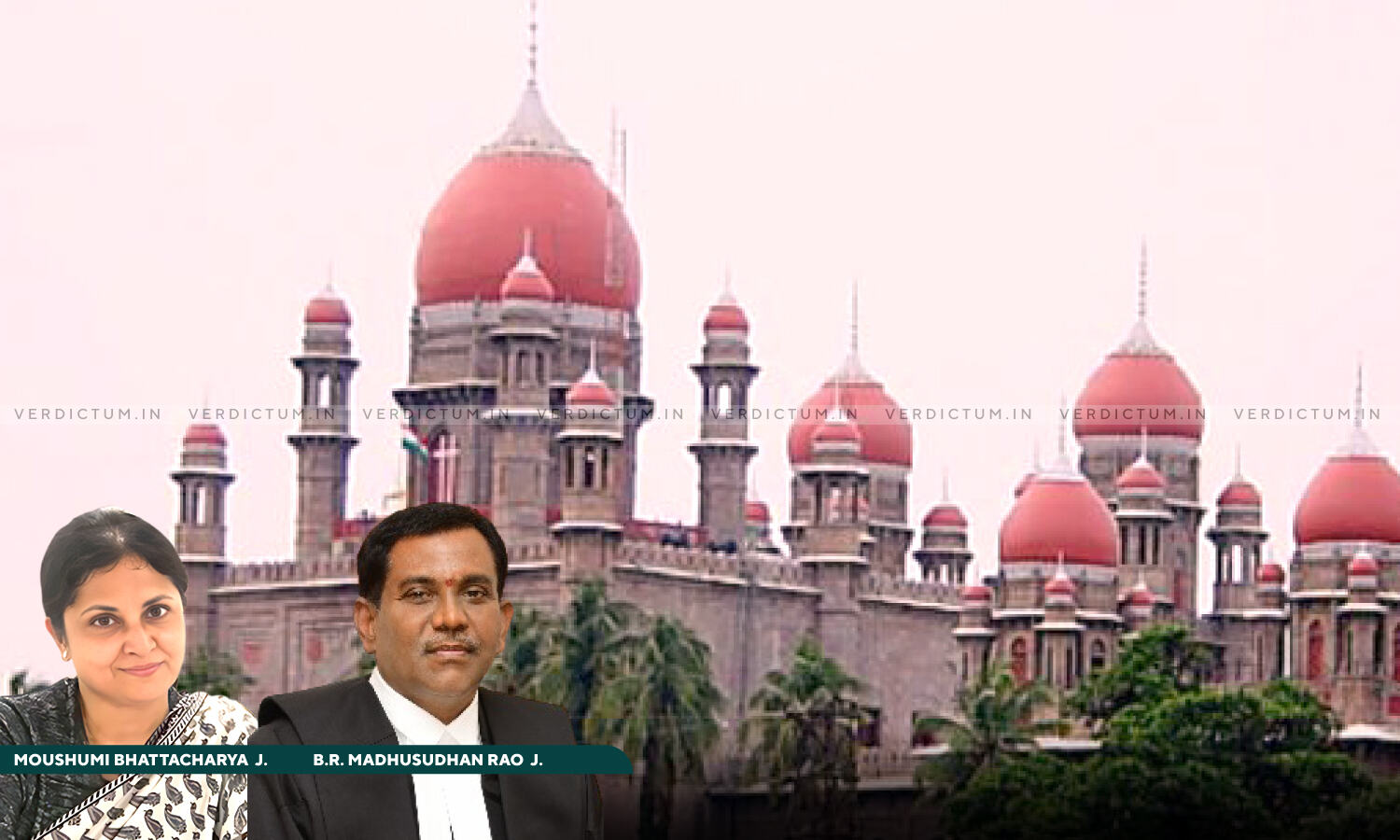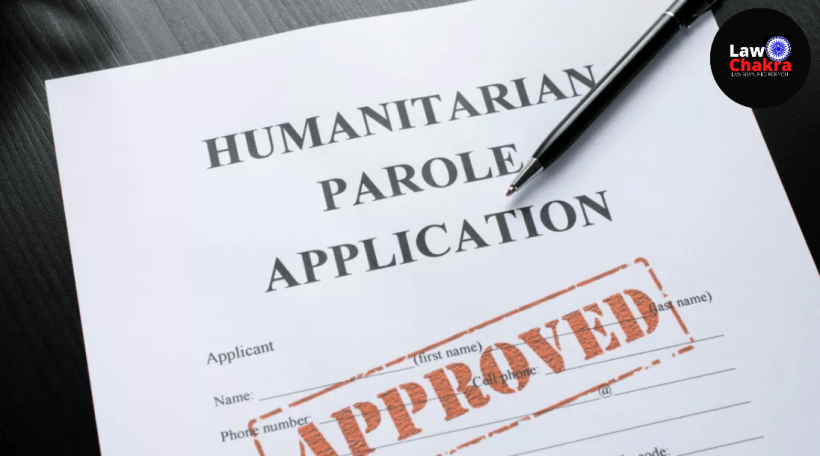‘Pankaj Bansal’ Judgment On Supply Of Grounds Of Arrest Applies Only Prospectively, Argues Karnataka Govt In Supreme Court
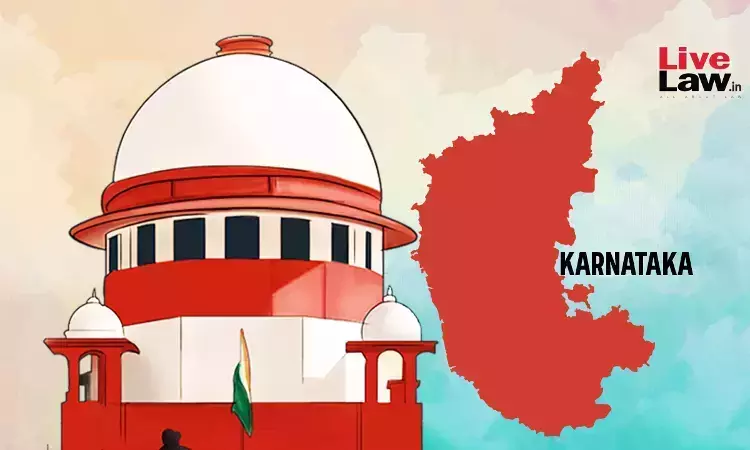
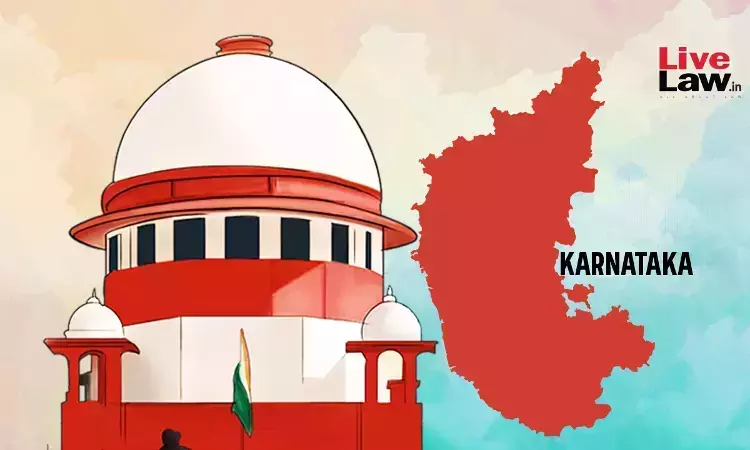
In a case filed by the State of Karnataka, the Supreme Court is likely to consider the issue as to whether its judgment in Pankaj Bansal v. Union of India, which held that the Directorate of Enforcement (ED) must furnish grounds of arrest to the accused in writing, is retrospective in application.
A bench of Justices KV Viswanathan and N Kotiswar Singh heard the matter yesterday and adjourned it to June 26.
The case assails decision dated 17.04.2025 rendered by the Karnataka High Court holding that the Supreme Court’s judgment in Pankaj Bansal v. Union of India shall apply retrospectively to cases where arrest was made prior to 03.10.2023 (date of the judgment) and that the said arrests can be challenged on the ground of non-service of grounds of arrest.
The State cites the following excerpt from Pankaj Bansal to urge that the judgment itself held that it shall apply prospectively:
“it would be necessary, henceforth, that a copy of such written grounds of arrest is furnished to the arrested person as a matter of course and without exception.”
The State further relies on the Supreme Court’s decision in Ram Kishor Arora v. Enforcement Directorate, where it was held that Pankaj Bansal judgment does not apply retrospectively. In other words, non-furnishing of grounds of arrest till the date of pronouncement in Pankaj Bansal (03.10.2023) cannot be held to be illegal.
To briefly state facts of the case, the respondent-accused was arrested in March, 2023 pursuant to an FIR registered under Sections 302 and 201 of the IPC. As per claims, the reasons for arrest and the arrest memo were served on him. He was remanded to judicial custody on 03.03.2023 and the chargesheet was filed on 13.04.2023.
In March, 2025, the respondent filed a petition before the High Court for quashing of the remand order. Vide the impugned judgment, the High Court quashed the remand order and directed release of the petitioner from custody, subject to conditions.
The High Court opined that the respondent was not disclosed with any worthwhile particulars, “as soon as may be”, upon his arrest, much less to the satisfaction of the requirement of “communication in writing”, as observed in judgments pronounced subsequent to his arrest, including Prabir Purkayastha v. State (NCT) of Delhi and Vihaan Kumar v. State of Haryana.
Further, it distinguished Ram Kishor Arora’s case on the basis that the judgment therein was in the context of a PMLA arrest, whereas in the present case, the respondent was arrested for offenses under the IPC.
“Although, non-service of grounds of arrest is construed to be mere procedural aberration, the same is now, more recently, in light of Vihaan Kumar (supra), interpreted to be a material irregularity, which cannot be made good at a later stage by filing of the chargesheet. Any violation of procedural fairness, more particularly, the entrenched Fundamental Rights, vitiates the arrest, thereby rendering continued incarceration of the petitioner to be in contravention of Articles 13(2), 21 and 22(1) of the Constitution”, the High Court stated.
Claiming that such an interpretation would open Pandora’s box and render multiple arrests illegal for non-supply of grounds of arrest, the State of Karnataka approached the Supreme Court.
Grounds raised by State of Karnataka
– The reasons for arrest and arrest memo were supplied to the respondent and thus, there was compliance with law as it stood on 17.02.2023 (date of arrest);
– Pankaj Bansal judgment itself noted in para 45 that supply of grounds of arrest would be necessary “henceforth”;
– The High Court erred in distinguishing Ram Kishor Arora judgment;
– In Prabir Purkayastha’s case, the Supreme Court applied Pankaj Bansal as Purkayastha’s arrest was effected on 04.10.2023, that is, one day after the judgment in Pankaj Bansal. Therefore, the High Court should not have relied on Prabir Purkayastha to give retrospective effect to Pankaj Bansal;
– All information required to be declared by law was contained in the documents supplied to the respondent.
Appearance: Senior Advocate Siddharth Luthra with Advocate-on-Record DL Chidananda
Case Title: STATE OF KARNATAKA BY ARASIKERE TOWN POLICE STATION Versus HEMANTH DATTA @ HEMANTHA @ BABY AND ANR | SLP (Cal) 9295/2025



